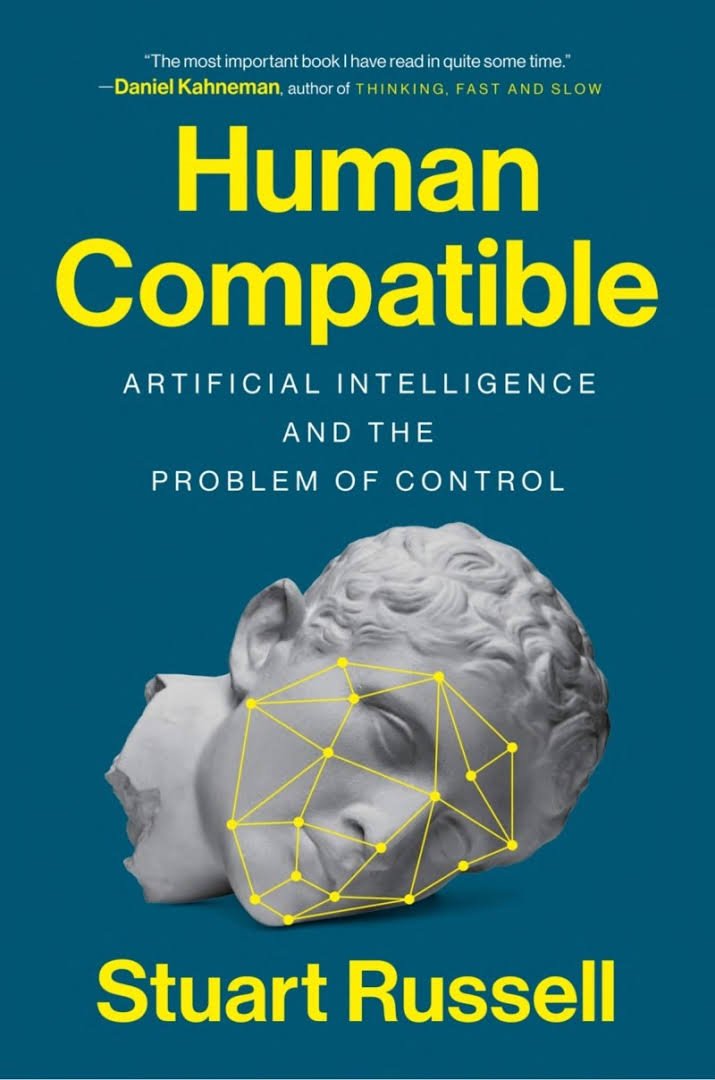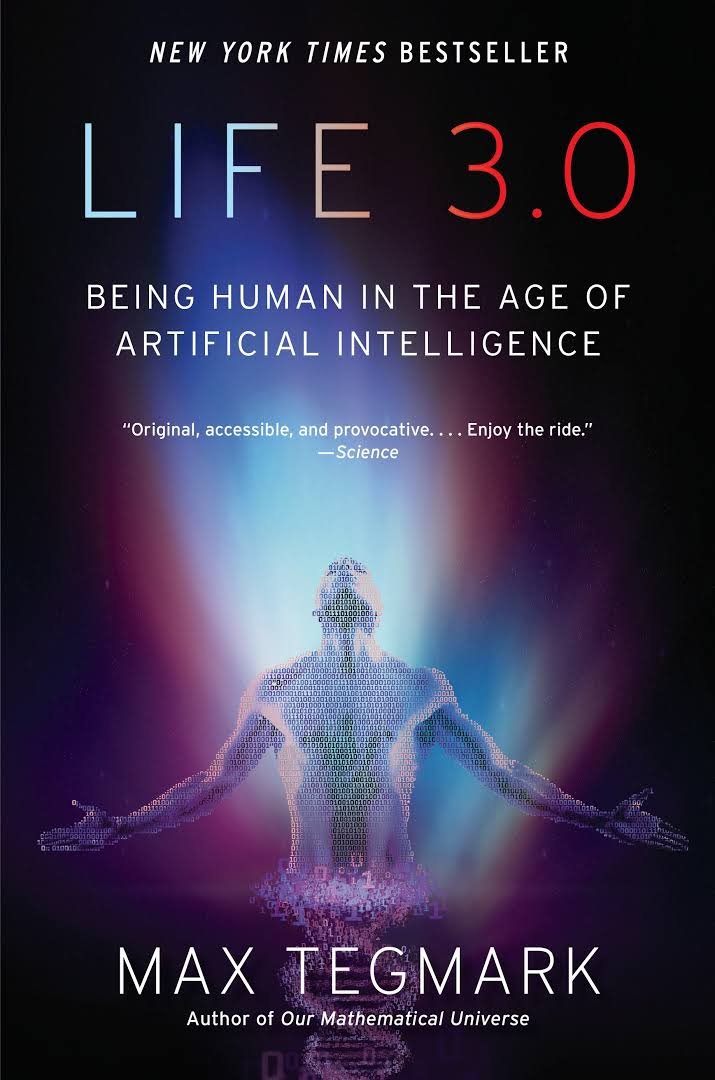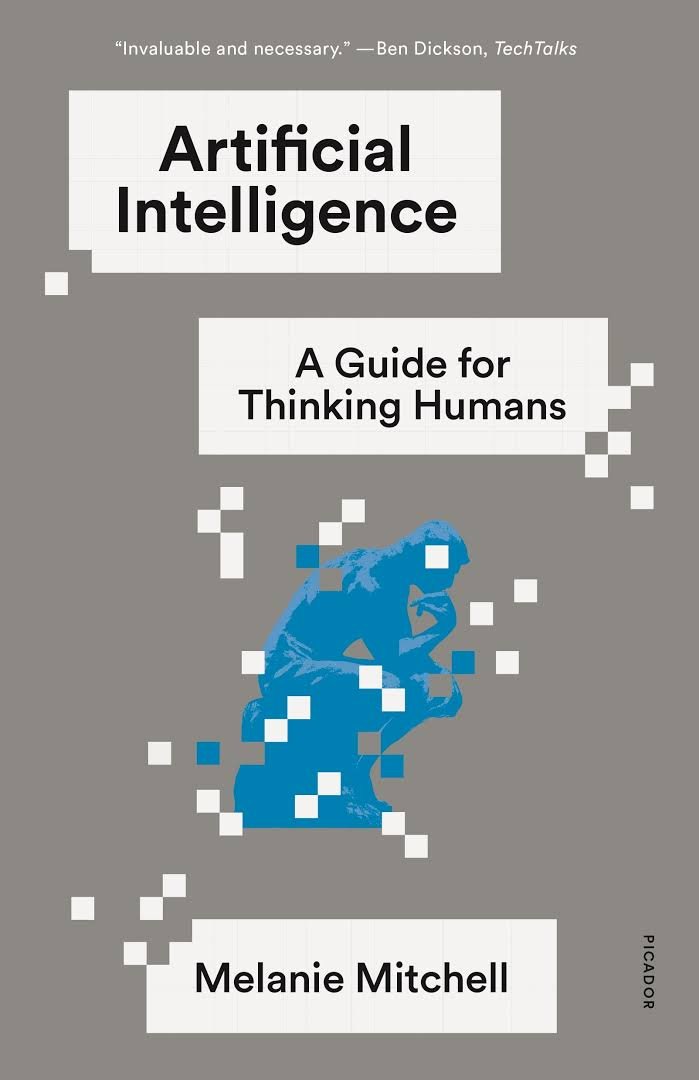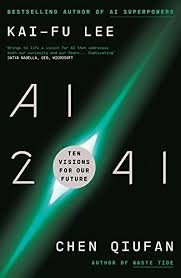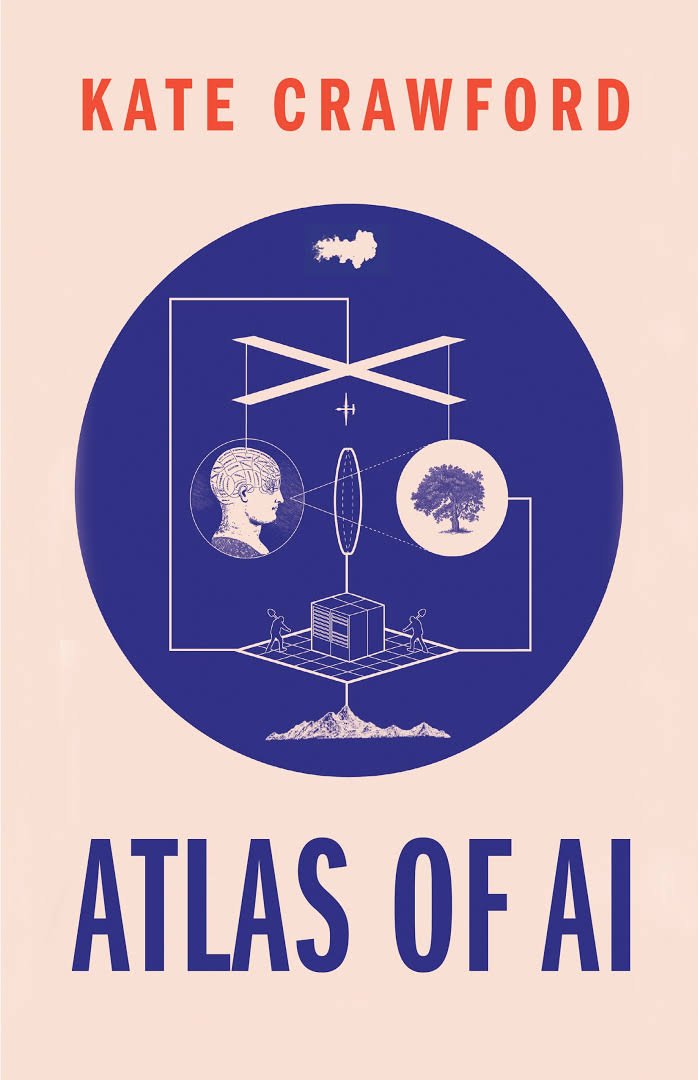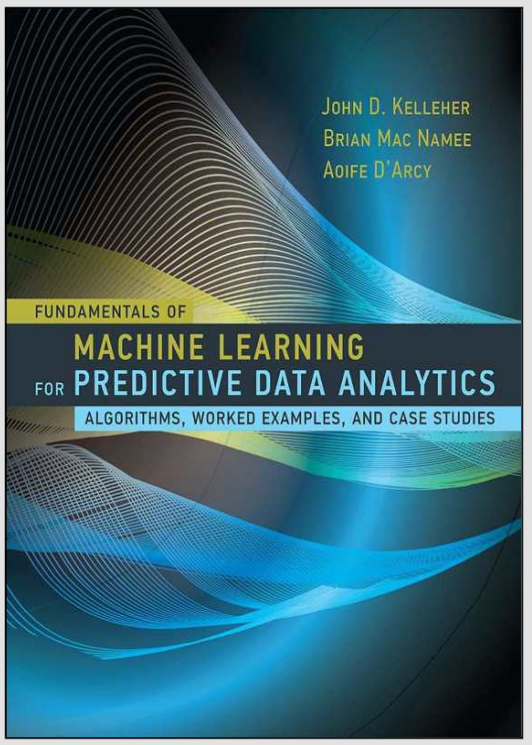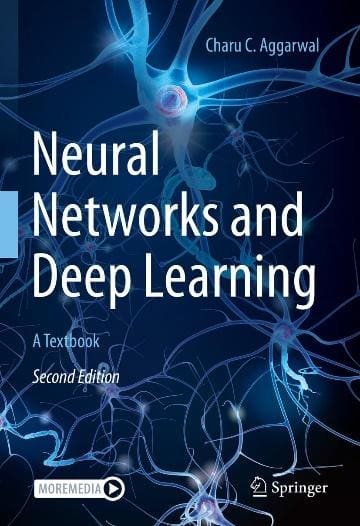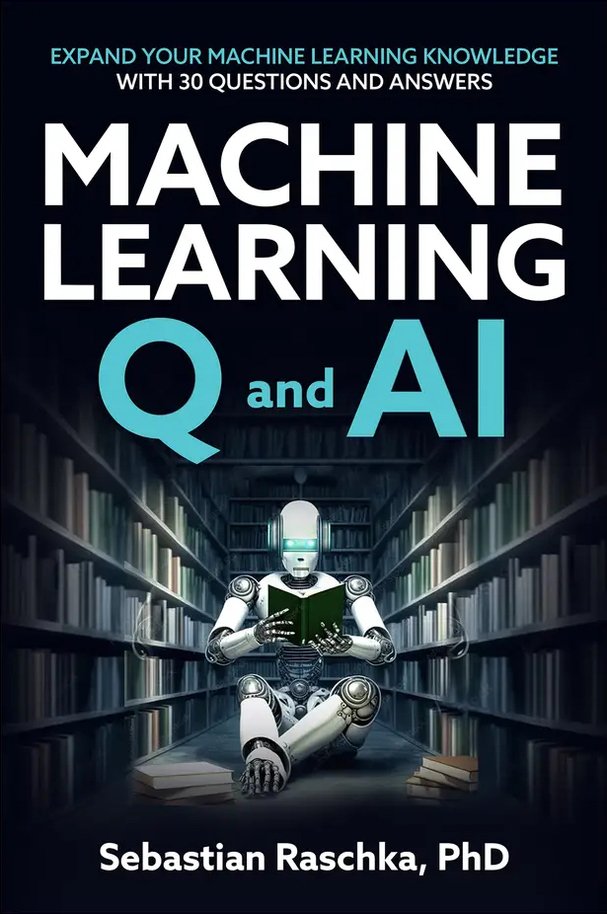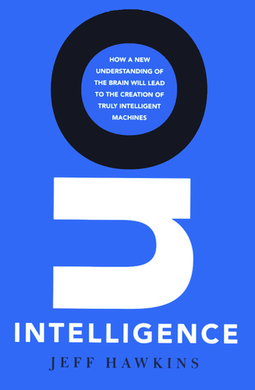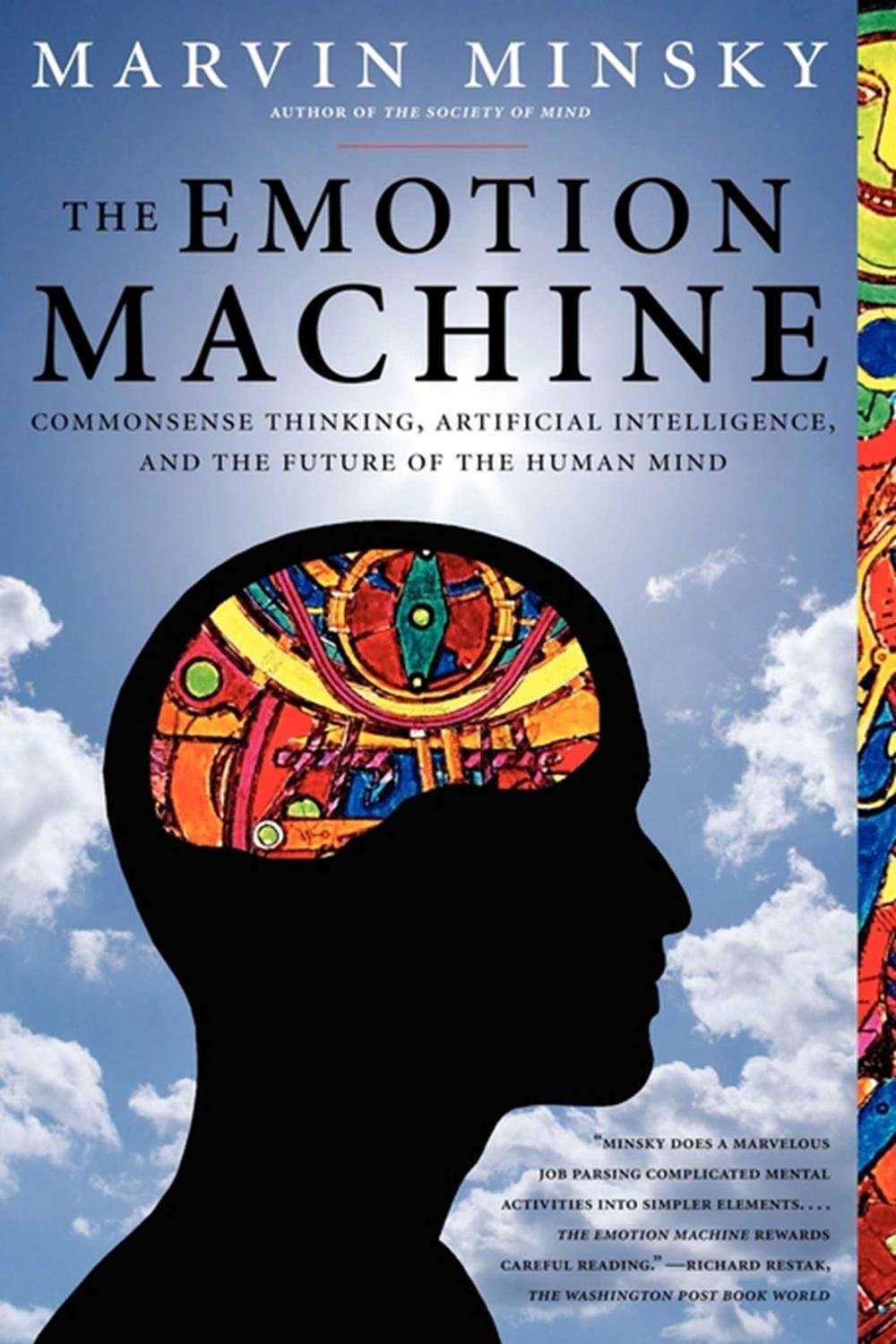

Alan Turing’s Automatic Computing Engine
Private Book Reader
Upload and read your personal PDF books in our secure reader
Read Your Private BookShort Audio Book Summary
Alan Turing’s Automatic Computing Engine Summary
0:00 / 0:00Reviews
No review yet. Be the first to review this book!
Description
"Alan Turing’s Automatic Computing Engine: The Master Codebreaker’s Struggle to Build the Modern Computer," edited by B. Jack Copeland, is a detailed and richly contextualized exploration of one of Alan Turing’s most ambitious and lesser-known post-war projects: the development of the Automatic Computing Engine (ACE). This book brings to light Turing's critical role in designing what could have been the world’s first general-purpose electronic digital computer. After his wartime success at Bletchley Park, where he helped crack the Enigma cipher, Turing turned his attention to building a real, working machine based on the universal computing principles he had defined in his 1936 paper on the Turing machine. The ACE project, initiated at the UK’s National Physical Laboratory (NPL), embodied Turing’s forward-thinking vision of a high-speed stored-program computer. However, the book chronicles the bureaucratic delays, institutional resistance, and underappreciation Turing faced, which ultimately stifled the project’s progress and led to Turing’s growing disenchantment with the establishment. Copeland compiles original documents, technical papers, and insightful commentary to reconstruct the historical and technical journey of the ACE, illustrating both Turing’s genius and the challenges of post-war British science policy. The book serves not only as a technical chronicle but also as a tribute to Turing's prescience, showing how the ideas embedded in ACE anticipated many modern computing concepts, from memory architecture to subroutines. Ultimately, it paints a compelling picture of Turing’s struggle to transform theoretical brilliance into practical machinery, making it a crucial read for anyone interested in the true origins of the digital age.







.png)



.jpeg)






.jpg)




.jpeg)


.jpg)







.jpg)





.jpeg)







.jpeg)


.jpg)

.jpeg)









.jpg)

.jpg)
.jpg)













